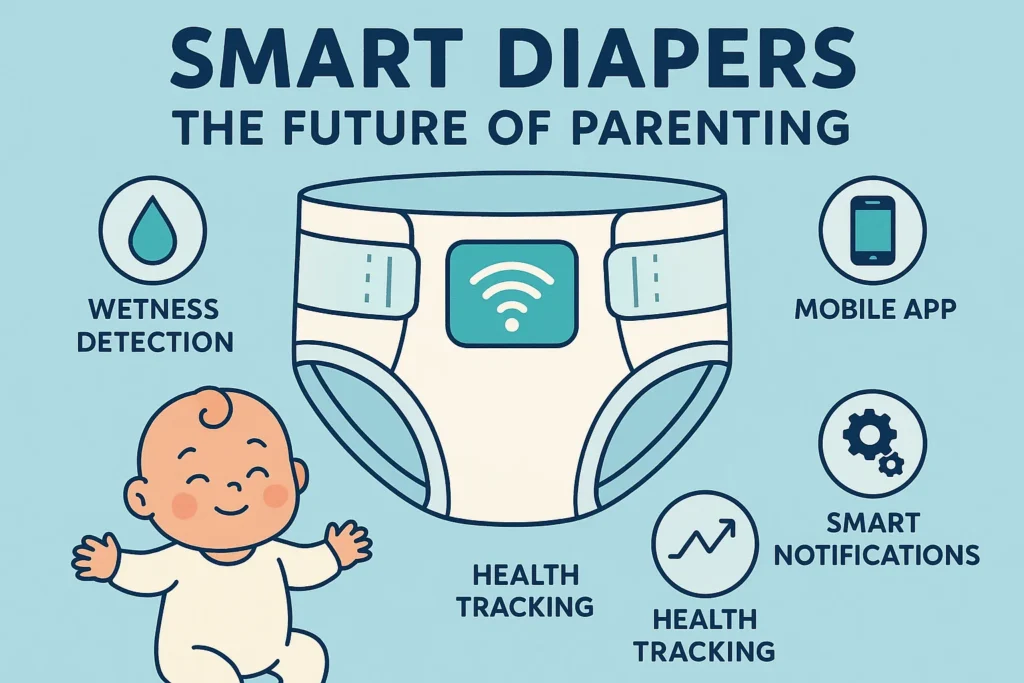🤖 Introduction: A New Chapter in Child Therapy
AI for Tracking Therapy Progress is reshaping how therapists, parents, and educators measure improvement in children. From speech and occupational therapy to behavioral sessions, AI tools now provide real-time data, insights, and predictions that help tailor treatment more effectively.
At AiBlogQuest.com, we explore how artificial intelligence is transforming child development, and AI-powered therapy tracking stands out as one of the most impactful innovations.
🧠 How AI Enhances Therapy Monitoring
Traditionally, tracking therapy progress involved manual notes and subjective observation. Today, AI systems can analyze facial expressions, speech patterns, body movement, and emotional tone to objectively measure progress over time.
AI tools offer:
-
Automated session summaries
-
Predictive progress analytics
-
Visual progress charts for parents
-
Adaptive therapy plans based on child performance
🌈 7 Ways AI Supports Therapy Progress
1. Speech Recognition & Analysis
AI apps like LinguaTherapy and SoapBox Labs record and analyze speech clarity, vocabulary growth, and pronunciation accuracy—perfect for speech therapy tracking.
2. Behavioral Pattern Detection
AI cameras and emotion-recognition tools identify subtle changes in mood, attention, or frustration levels, helping therapists fine-tune behavioral interventions.
3. Movement Tracking for Occupational Therapy
Using computer vision, AI can measure fine and gross motor skills through exercises, providing real-time feedback on range, balance, and coordination.
4. Progress Dashboards for Parents
Parents can view visual dashboards summarizing daily and weekly improvements—making therapy progress transparent and engaging.
5. Predictive Analytics for Outcome Forecasting
AI algorithms analyze historical data to predict future therapy outcomes, helping set realistic goals and timelines.
6. Adaptive Learning Systems
AI-powered platforms adjust difficulty levels in therapeutic games or exercises based on a child’s current ability—ensuring a custom-fit experience.
7. Voice and Emotion Tracking
Advanced systems like Ellie AI can track emotional tone and verbal engagement to measure social progress in children with autism or anxiety.
💡 Benefits for Parents and Therapists
-
Objective and data-driven evaluations
-
Early detection of plateaus or regressions
-
Personalized therapy recommendations
-
Efficient time management for therapists
-
Greater collaboration between therapists and families
⚠️ Ethical and Privacy Concerns
AI therapy tools often collect sensitive data such as voice, video, or behavioral metrics. Parents and therapists should:
-
Choose platforms with strong encryption
-
Review data-sharing policies carefully
-
Ensure compliance with COPPA or local child data laws
🔗 Useful Links – AiBlogQuest.com
-
AI in Occupational Therapy for Kids
-
Using AI to Support Speech Delays
❓ FAQs
Q1. How accurate is AI in tracking therapy progress?
AI can achieve up to 90% accuracy in detecting measurable improvements, but human review is still essential for emotional and social contexts.
Q2. Can AI replace human therapists?
No. AI assists with analysis and tracking, but the empathy and judgment of a therapist remain irreplaceable.
Q3. Is AI therapy tracking suitable for all children?
Yes, but especially effective for children in long-term developmental or behavioral therapy where consistency and data are key.


